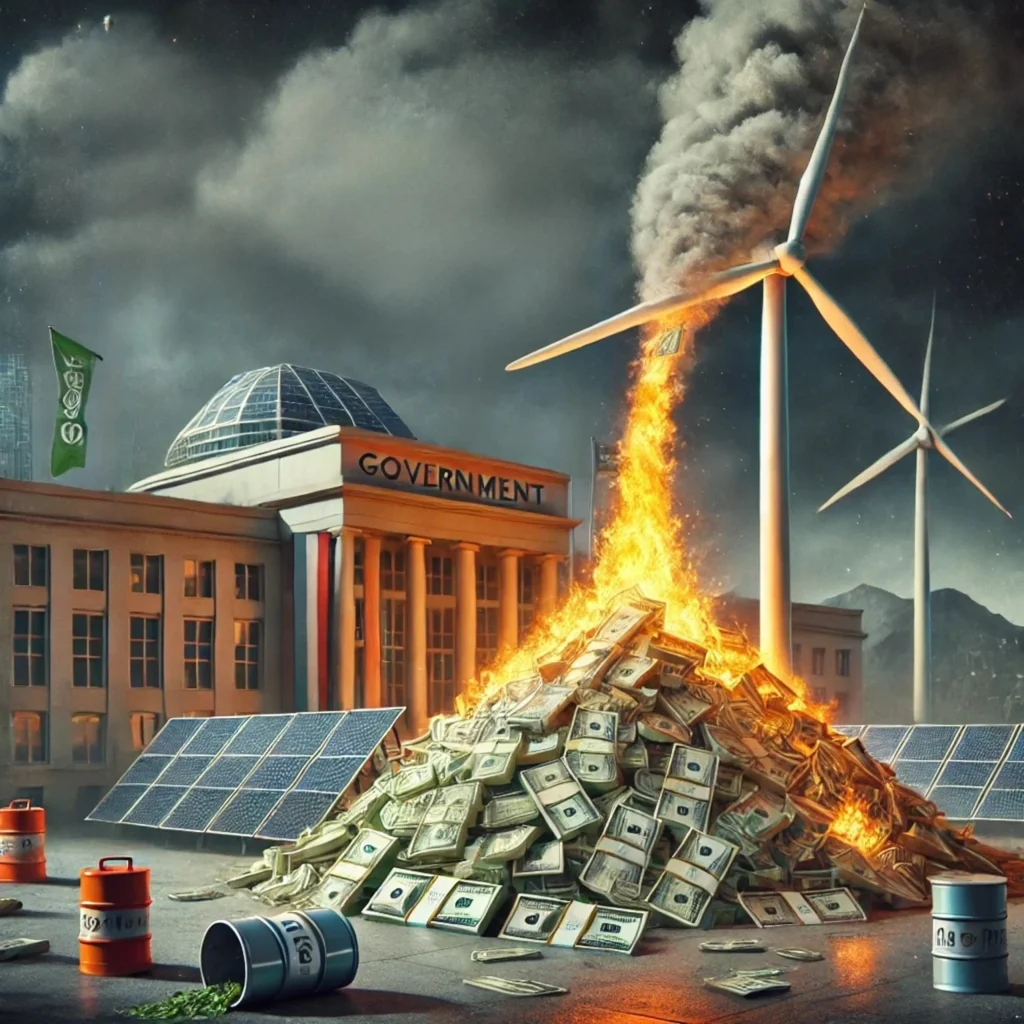Billionaire anti-fossil fuel activist Tom Steyer amassed his fortune through investing in coal mines and oil pipelines, investment records reveal. As co-managing partner in Farallon Capital Management, Steyer supervised billions of dollars in investments in fossil fuel producers from Australia to Indonesia to Canada.
Financing Asia’s Coal Boom
In Indonesia and Australia, Farallon funded projects that were instrumental in Asia’s recent coal boom. In Indonesia, for example, Farallon invested heavily in three large coal companies, helping Indonesia quadruple its coal production between 2002 and 2012 and become the world’s leading coal exporter. In Australia, Farallon invested in a company developing one of the nation’s largest untapped coal deposits.
In Canada, Farallon invested in companies building pipelines to deliver oil from Alberta’s oil sands to the West Coast and possible export.
Making Money Came First
As co-managing partner, Steyer had extensive say over Farallon’s investments.
People familiar with Steyer’s management said “he would have signed off on those foreign deals and, as co-managing partner, would have shared in their profits,” the Washington Free Beacon reported.
“He made us a lot of money and his attitude has always been ‘whatever it will take to make money,'” according to a former Farallon investor, as reported by the Free Beacon.
Hypocrisy After Cashing Out
Since cashing out of Farallon in 2012, Steyer has spent millions of dollars targeting elected officials in the United States who support conventional energy such as coal and oil. He is also one of the most vocal opponents of the Keystone XL pipeline and has funded efforts to block its construction.
“He made millions off of helping provide low-cost energy to Asia, but now wants Americans to pay higher energy prices by not using low-cost natural gas, coal, and oil,” Institute for Energy Research director of state affairs Daniel Simmons said. “It appears that now that Steyer is a billionaire he cares little for the average American who has to deal with high energy prices.”
Investments Debunk Green Myths
Seton Motley, president of the public policy organization Less Government, said Steyer’s investment record shows the billionaire understands affordable rather than expensive, unreliable conventional energy is the key to economic growth and prosperity.
“This highlights the inconvenient truth that you can’t make any money off of ‘green’ energy unless the government is writing you a check,” said Motley.
“Is Tom Steyer all of a sudden a true believer? I don’t know, but I do know that money chases ideas, not the other way around,” said Motley.
Seen as Selfish Acts
Energy and environment consultant H. Sterling Burnett said Steyer is cut from the same cloth as other “do-something” liberals such as George Soros and Michael Bloomberg. He appears willing to spend his personal fortune on his causes, which just happen to have been the source of his investments.
“People like Steyer, who are very wealthy and who are willing to risk a portion of their wealth on causes, have made their money, and they are not concerned with whether pipefitters and oil well mechanics still have their jobs. They’re more concerned with keeping their playground to themselves so they can fly their private jet to some pristine river to go fly-fishing for trout,” said Burnett.
“What would be interesting is to find out if he still has or directs investments in coal energy. If he still has these investments, he may just be cynically attempting to make more money by restricting new sources of coal, thus making his own coal holdings more valuable,” Burnett explained.
Energy economist Tom Tanton, principal of T2 & Associates, said he believes Steyer is more interested in self-enrichment than environmental causes.
“For a long time, I thought Tom Steyer was simply misinformed about what the climate is doing, and the mostly natural drivers of climate change. More recently, I’ve come to understand he’s no different than any of the other rent-seeking crony capitalists. His hypocrisy, claiming somehow his spending is ‘noble’ while others’ is not, simply denies millions of people from having affordable energy,” Tanton said.
Kenneth Artz ([email protected]) writes from Dallas, Texas.





